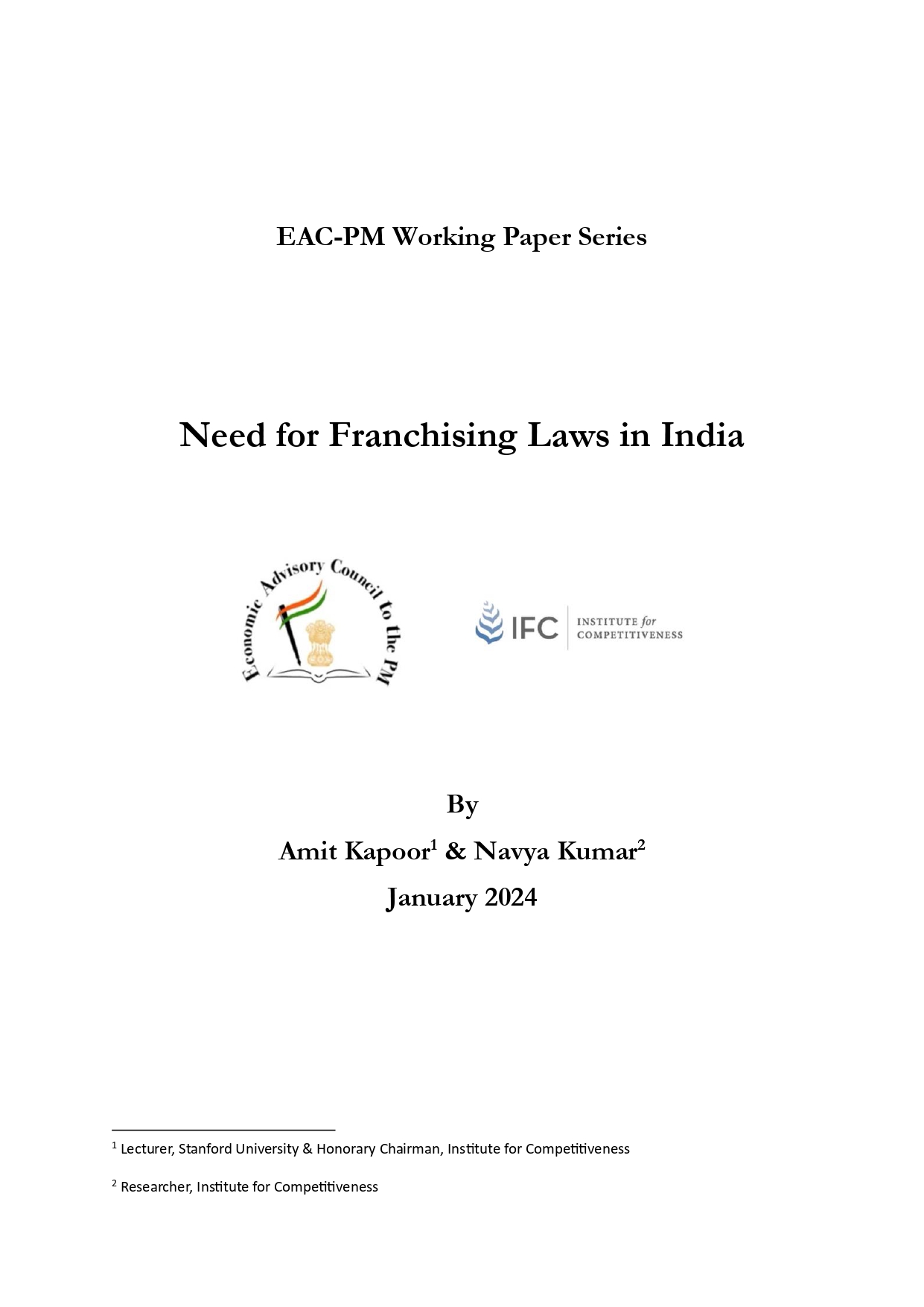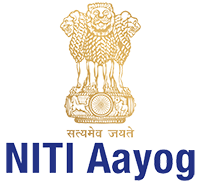The term ‘Franchise’ is not explicitly defined within the Indian Legal framework. However, its interpretation can be deduced from the Finance Act of 1999, which stipulates that a ‘Franchise’ refers to an agreement granting the authorized entity the right to sell, manufacture goods, provide services, or engage in business activities associated with the Franchisor (Shrivastava & Jacob, 2023). India’s growing middle class and rising entrepreneurial culture make the nation fertile ground for emergent franchising opportunities. However, certain lacunas need to be addressed before realizing this ambition, notably the lack of franchise-specific laws. In contrast to many other countries – the United States, where the Federal Trade Commission (FTC) oversees franchising through the Franchise Rule, the European Union, where member states regulate franchising in their national laws, Australia, which has specific disclosure laws pertaining to franchises and the Australian Competition and Consumer Commission (ACCC) that regulates the code – India does not possess a centralized regulatory body or comprehensive franchise law at the national level. The landscape of franchisor-franchisee relationships is marked by diverse arrangements and contracts, giving rise to various forms of exploitation and disputes, particularly impacting smaller local vendors serving as franchisees due to the inherent information asymmetry. The franchisor, as the source of the business opportunity, has access to enhanced knowledge about the business as well as typically exercises greater control over the terms of the franchise contract, elucidating skewed power dynamics within the industry structure.




